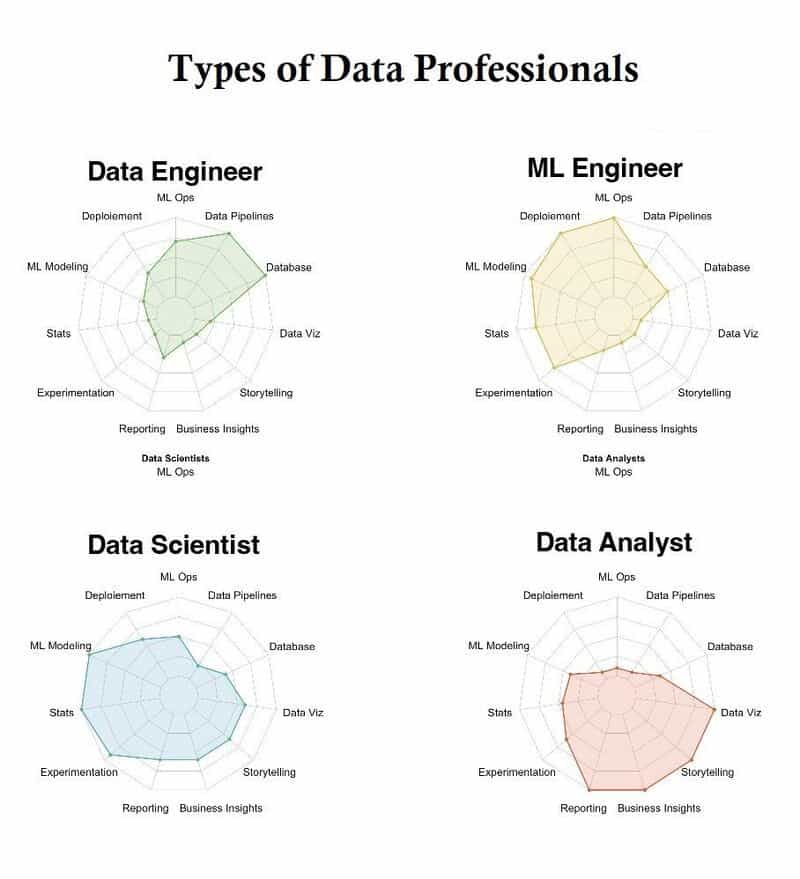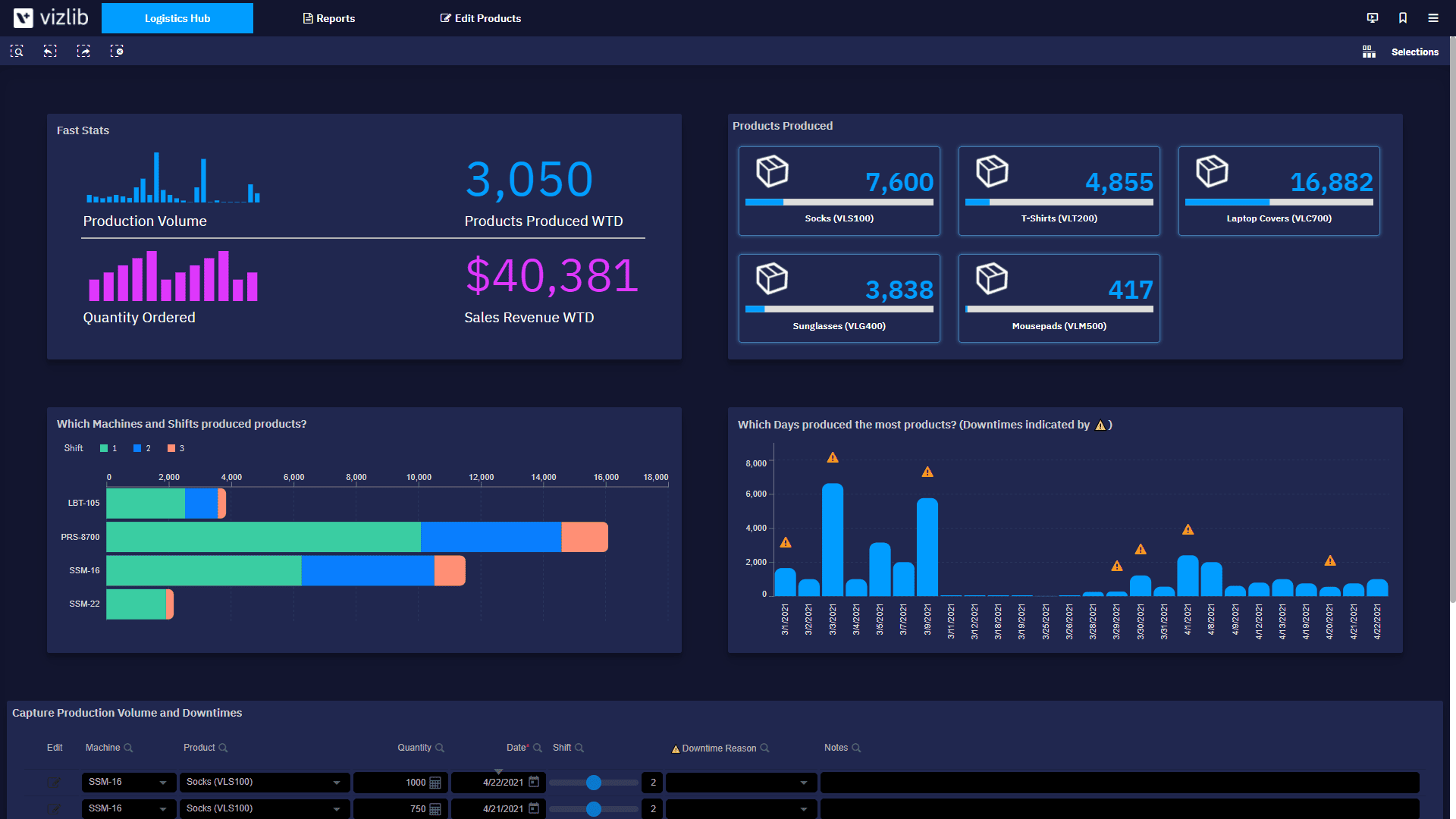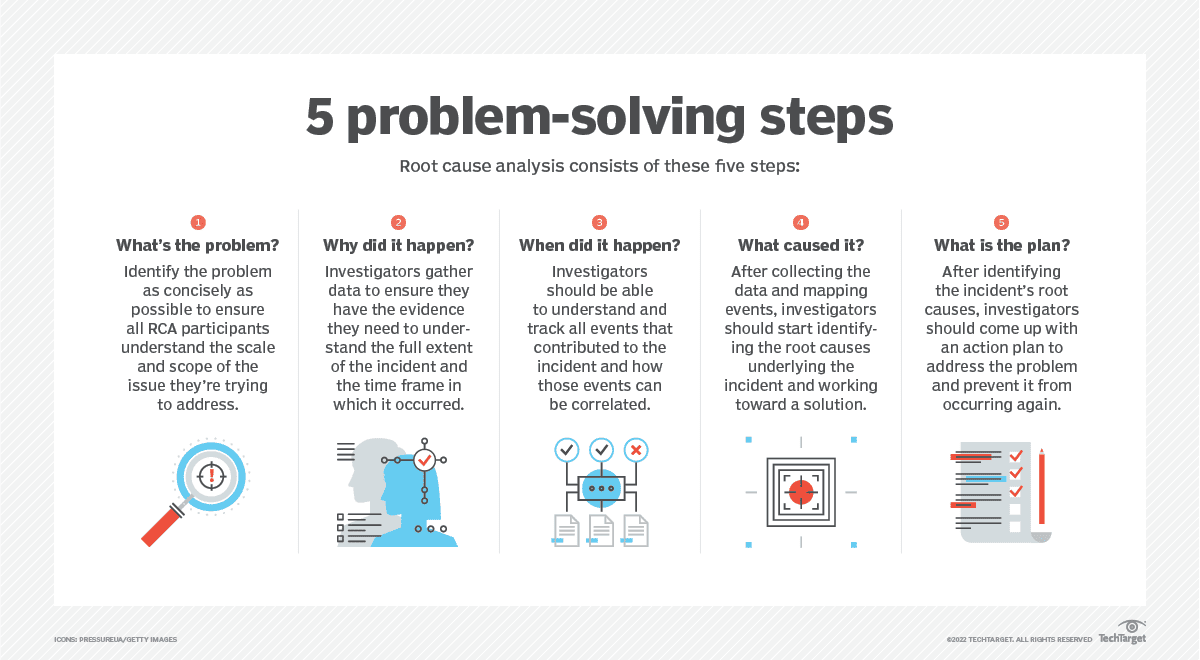In 2022, we created 97 zettabytes (a zettabyte is 1 billion terabytes) of global big data! Considering that businesses work with data volumes like zettabytes and their smaller counterpart, petabytes, in their everyday operations, plus have an average of 400 data sources to integrate, it’s no surprise that data analysts are in high demand today.
And with 49% of executives recognizing a lack of talent in the workforce to analyze data, the need to fill this talent gap is evident. To get started, you need to know which skills to test for. That’s where we come in.
TL;DR – Key Takeaways
- What does a data analyst actually do? They analyze a company’s big data to create insights that help business leaders make better decisions.
- Data analyst and data scientist… What’s the difference? The real difference is that a data scientist is usually more experienced and works with more complex data processes. They solve bigger, strategic business problems.
- Some of the most important data analyst skills include data analysis, statistical programming languages, data management, data visualization, good communication skills, machine learning and even Excel skills.
What does a data analyst do?
A data analyst uses business data to help organizations make more accurate, profitable decisions. They ensure data is collected, processed, analyzed and interpreted quickly and logically, so the business can use the insights to remain competitive.
The role includes core functions, such as:
- Data collection and cleaning — gathering relevant data from different sources and ensuring it’s in a usable format.
- Data processing and transformation — making the data more accurate and ready for analysis.
- Analyzing data — identifying trends and patterns in the data using tools Python or SQL.
- Visualizing data — Creating visual data stories like charts, graphs and dashboards that communicate insights in a simple way to non-technical leadership.
- Business insights and reports — Creating reports for decision-makers that help them make smarter business decisions based on data.
- Predictive analytics — Using predictive data models to forecast trends and patterns for more accurate planning.
- Data governance and compliance — Ensuring data is managed safely and effectively in a way that complies with global data protection regulations.

What’s the difference between a data analyst and a data scientist?
While data analysts and data scientists both focus on analyzing data, the two roles are different. A data analyst usually works with existing data to create reports and dashboards for decision-makers to help them solve business problems. They typically use tools like Python and SQL.
A data scientist uses a combination of data analysis, machine learning and software engineering to create statistical models that solve more strategic business problems, such as anti-churn measures or workflow automation.
12 Skills to look for when hiring data analysts
To fill this technical skills gap, you need to select candidates with the specialized data analyst skills and soft skills that matter most, such as data cleaning, project management and analytical skills.
1. Data analysis
Data analysis is the process of working with data to discover useful insights for the business, to improve company decision-making. These insights help business leaders make decisions based on data rather than gut feel. Essentially, this skill helps organizations improve productivity, mitigate risk, plan more accurately for the future and optimize their products.
A few top data analysis tools include:
- Tableau
- Power BI
- Qlik Sense
- Looker
2. Database knowledge
Big data is stored in databases either in the cloud or on the business’s own server. Being able to work efficiently with databases is an essential skill for a data analyst to support business intelligence and data-driven decisions. Structured Query Language, or SQL, is one of the most well-known programming languages for accessing and managing large business databases. It’s also a fav for analysts as it’s an easily readable and understandable language.
3. Artificial Intelligence and Machine Learning
With a new AI-driven app popping up every day (at least that’s what it feels like 😋), this skillset is something that more and more data analysts will need. Learning to work with AI-powered solutions that sort through data from hundreds of sources in a few seconds will be a valuable, future-proof skill.
Machine learning is a subset of AI and, in this case, refers to the skill of building algorithms for spotting patterns in data. While these skills may not be a must for a career in data analytics right now, they may become critical pretty soon if the rising popularity of tools like ChatGPT is anything to go by!
4. Computer programming languages
Learning a programming language helps data analysts analyze massive data sets quickly and easily. The top ones today include:
- R: Used in most statistical analysis applications and has a big, supportive community since it’s an open-source language.
- Python: The best general-purpose programming language as it is very versatile.
- Java: Java is still one of the most popular programming languages in the world since most apps and websites rely on Java.
💡 Discover what other in-demand skills to look for in your talent pool:
5. Mathematics and statistics
Mathematics, statistical analysis and probability. (If those words make you want to run and hide, you’re not alone! 😅). But seriously, our data analytics heroes need advanced mathematics (like linear algebra), and statistical knowledge (like logistic regression and probability) to really understand the data, more easily identify patterns and trends, and avoid any logical errors.
6. Data management
Data management is about gathering data and keeping it cost-effective and secure.
With companies pulling in data from 400 or more different data sources, organizations must have this skillset onboard to get value from data and ensure good data quality.
Poor data management can result in data being stuck in different business units or programs that don’t integrate with analytics tools. It can also result in poor-quality data, leading to incorrect findings.
7. Data visualization
Data visualization is the process of showing data insights in a simple, visual format that is easy to understand. These visualizations can be crafted for a specific target audience, such as the sales team, a group of data engineers or the board of directors, for instance.
The best way to visualize data is through a storytelling approach. In other words, use various graphs, charts and other visualization tools, like labels, to tell the story of your data. And if the data analyst gets it right, they can create a persuasive argument that sways their audience.
These visual presentation skills also extend to creating reports that provide a short, logical summary of the business problem and solution for decision-makers that often don’t have the time for in-depth data exploration.

8. Big data analytics tools
Data analysts also need to be familiar with software frameworks like Apache Hadoop and Apache Spark that enable them to process big data and extract the insights they need.
These specialized programs help analysts handle huge quantities of data, whether the data is structured (organized), like pricing info, or unstructured (unorganized), like video and text files. Since 95% of businesses have trouble working with unstructured data, this skill can set a good data analyst apart.
9. Microsoft Excel
An oldie but still a goodie. Why? Because Excel spreadsheets are still a core source of data in most businesses. (There are 750 million Excel users!) It’s a useful tool for data cleaning and creating pivot tables and graphs so analysts can test their theories before the time-consuming process of loading all the data into a database.
Plus, it’s a good starting point for those new to the field as they can learn to manipulate, analyze and visualize data points without knowing R or Python.
Along with those core technical skills required in modern business, your data analyst will also need a few fundamental soft skills to be well-rounded.
10. Problem solving
The data analyst skills to look out for are not limited to programming and statistical analysis. Soft skills, like problem-solving are a core component in the data analysis process. Basically, the data analyst uses their technical knowledge and specialized software to solve business problems.

11. Critical thinking
A data analyst must be a critical thinker. They need to think logically, rationally and systematically about problems, and are always asking and answering questions to resolve business problems.
Critical thinking skills in data analytics involve questioning the hypothesis, identifying biases associated with framing the questions, validating the assumptions, selecting the appropriate models, critiquing the accuracy of the analysis and results, deriving and communicating actionable insights and assessing the ethical aspects of using insights for decision making.
Source
12. Communication skills
In a data analyst role, communication skills are not limited to communicating and collaborating well with the data team and other stakeholders. Listening skills are equally important because analysts need to listen carefully to all data stakeholders to understand their actual needs.
Some colleagues may be less technically minded and not able to clearly articulate what they want. The analyst needs to extract the pertinent info from them by asking probing questions. Done right, the analyst can build trust, save time, and avoid any misunderstandings.
Juste loves investigating through writing. A copywriter by trade, she spent the last ten years in startups, telling stories and building marketing teams.







